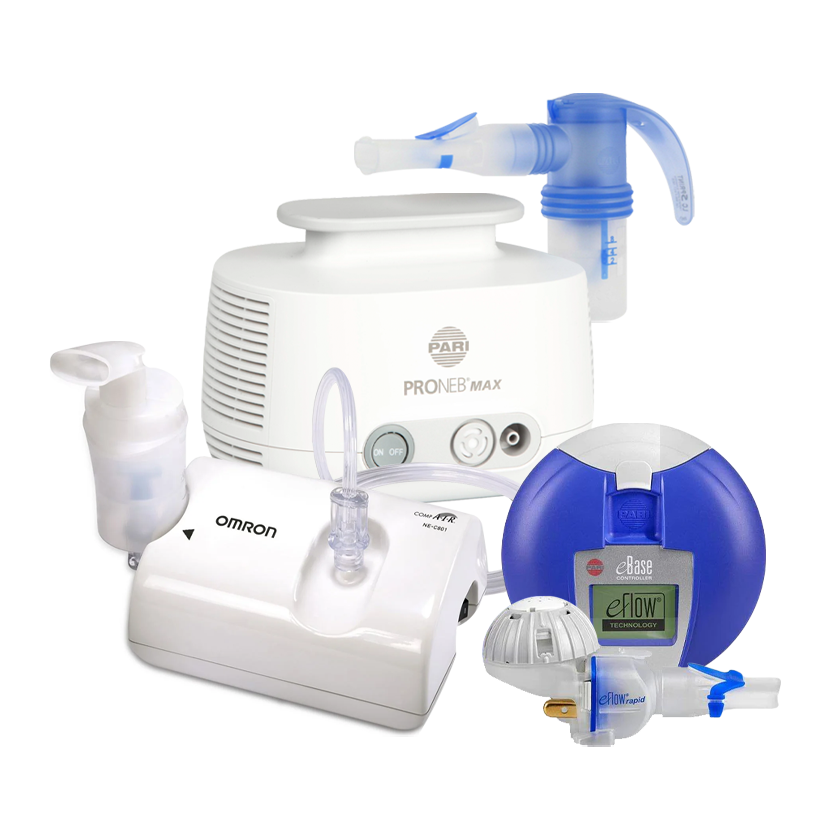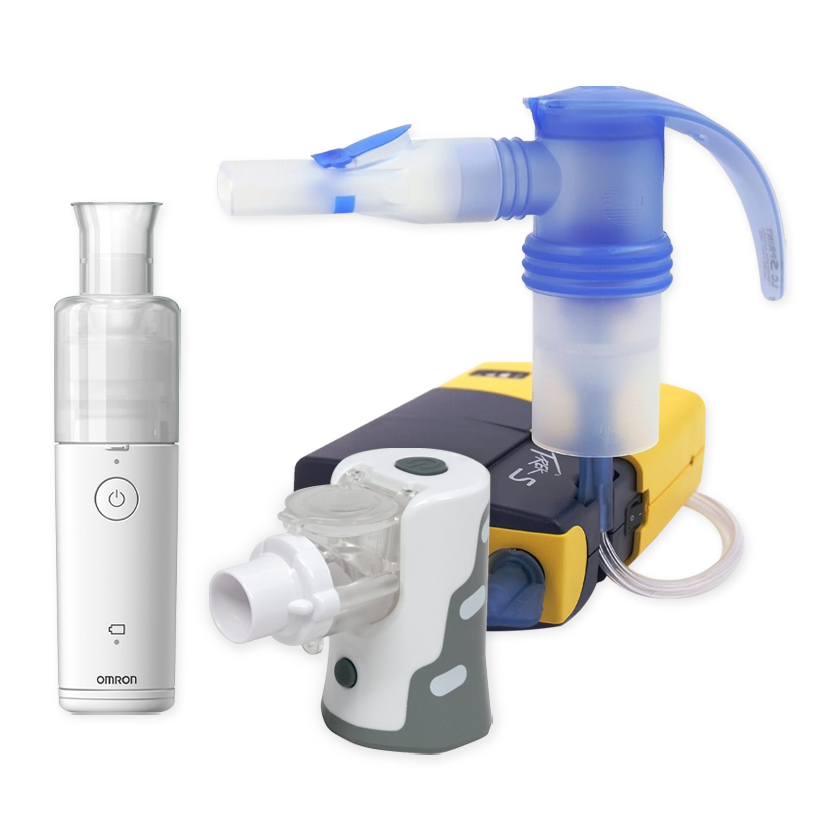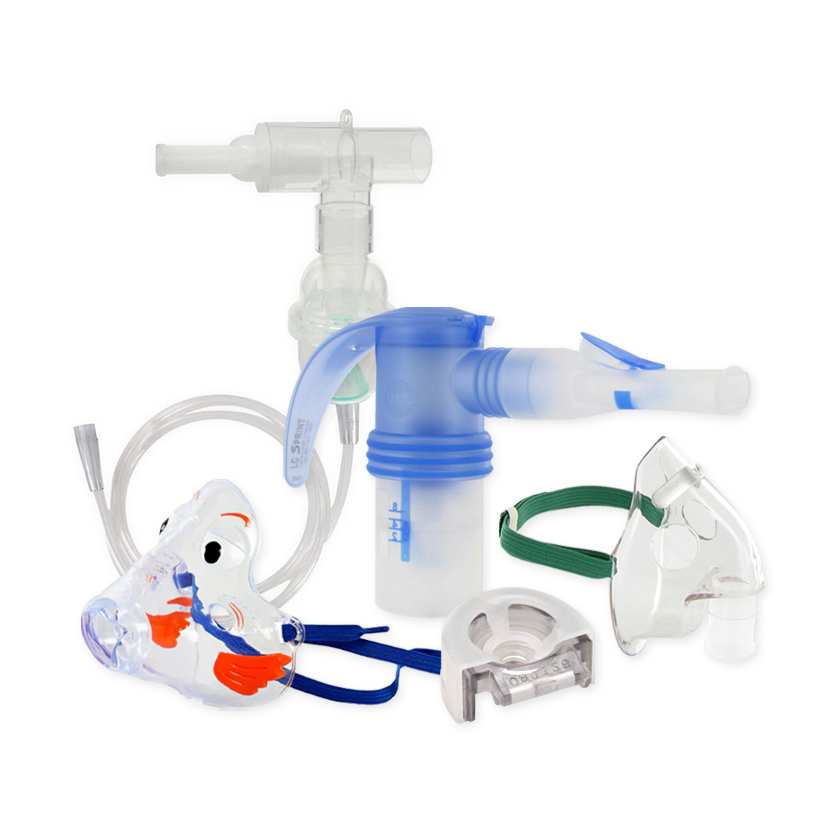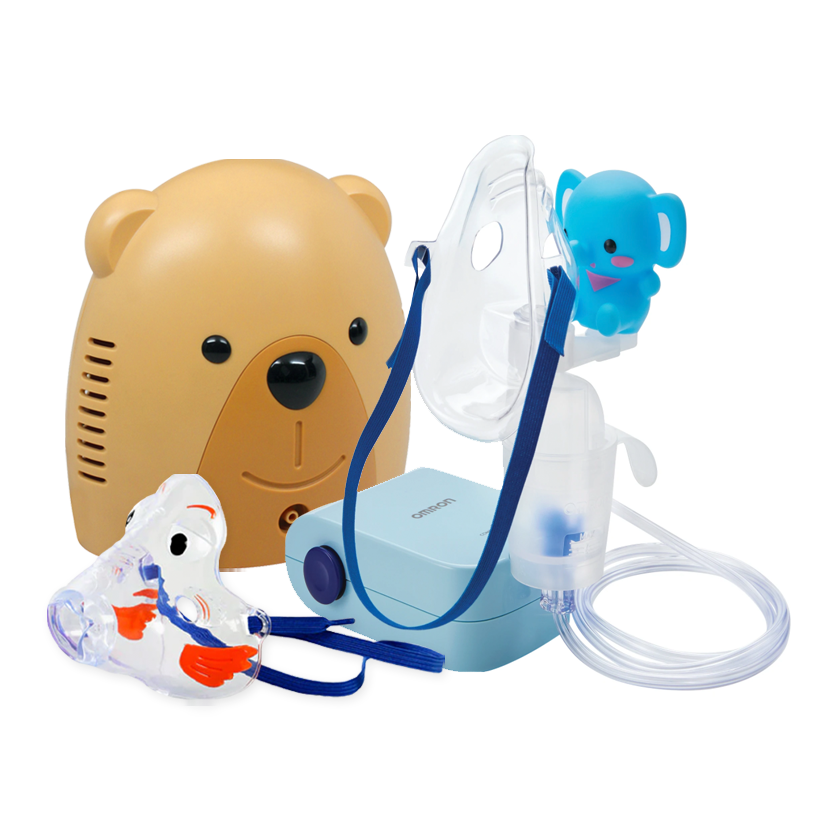Your Cart is Empty
Free Shipping on all orders over $75!
Menu

Free Shipping on all orders over $75!
Nebulizer Systems
Travel Nebulizers
Nebulizer Accessories
Just For Kids
Oxygen Supplies
New Implant Treats Sleep Apnea
February 12, 2015 1 min read
Scientists have developed a new treatment for sleep apnea-- a pacemaker-like implant that sends electrical currents to the patient’s tongue to keep it from blocking their airway. The implant is government approved and already helping sleep apnea sufferers across the country.
Before now, the main treatment for sleep apnea has been CPAP (continuous positive airway pressure) machines. These use pressure to keep a patient’s airways open throughout the night, so the patient can keep breathing and sleep soundly. But although CPAP machines have helped millions, some people never get used to the pressure or to wearing a CPAP mask. In fact, it’s estimated that only half of the 12 to 18 million Americans with sleep apnea regularly use a CPAP machine.
For patients who choose not to use a CPAP machine, this new implant may literally be a lifesaver. Not only does sleep apnea keep patients from getting a good night’s sleep, it also increases the risks of high blood pressure, diabetes, and depression.
The implant is placed in one’s chest, with a sensor between the ribs that can tell when someone is about to breathe in. The implant will then send an electrical current that makes the patient’s tongue move forward slightly, unblocking the patient’s airway so they can breathe freely.
The electrical current isn’t strong enough to wake the user. According to Dr. Brian Weeks who installs these devices, “A number of the patients who had the device turned on when they were wide-awake weren’t able to sense it at all.”
Subscribe
Sign up to get the latest on sales, new releases and more …
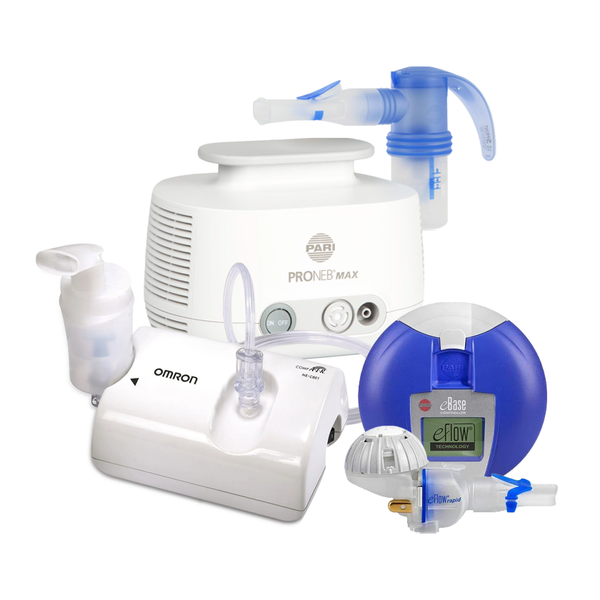
NEW CUSTOMERS SAVE $5 OFF YOUR FIRST PURCHASE OF $20 OR MORE
Code will be sent to email entered if applicable
SIGN UP FOR FUTURE SALES, NEW PRODUCTS AND ANNOUNCEMENTS
{"themeColor":"#061f77","iconColor":"#061f77","showLogo":true,"topBottomPosition":0,"rightLeftPosition":5,"iconSize":"large","iconCustomSize":64,"position":"middle-right"}
